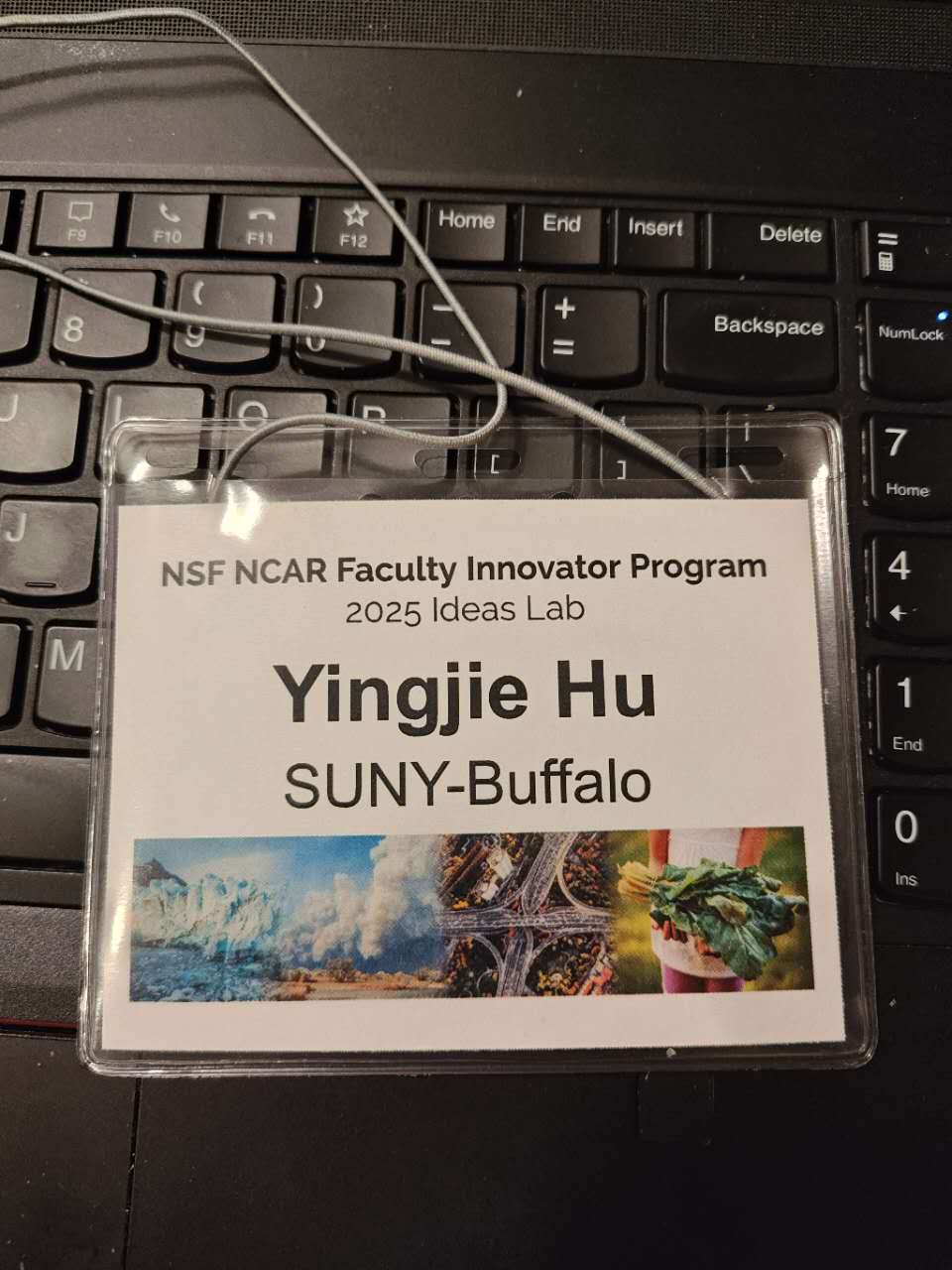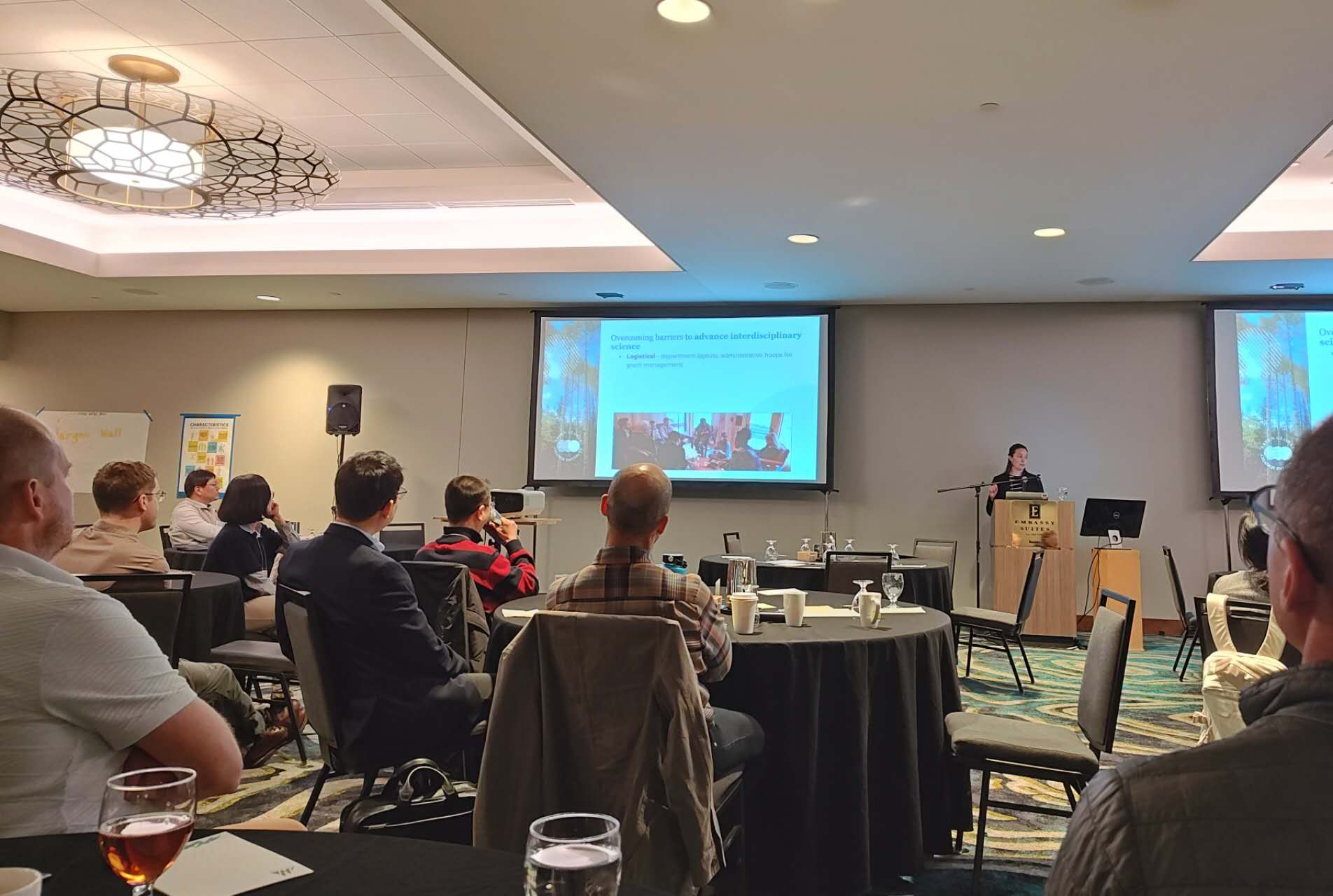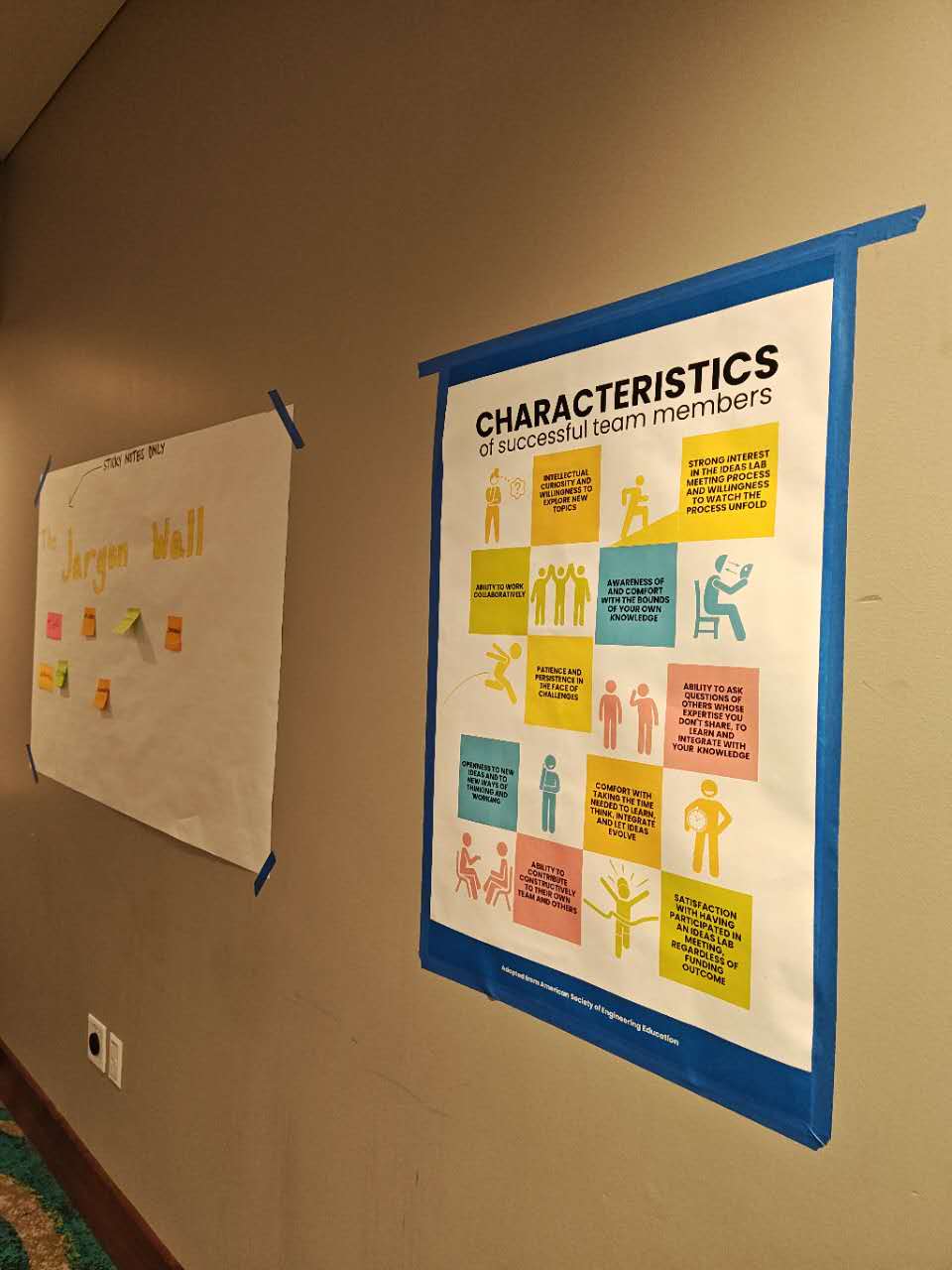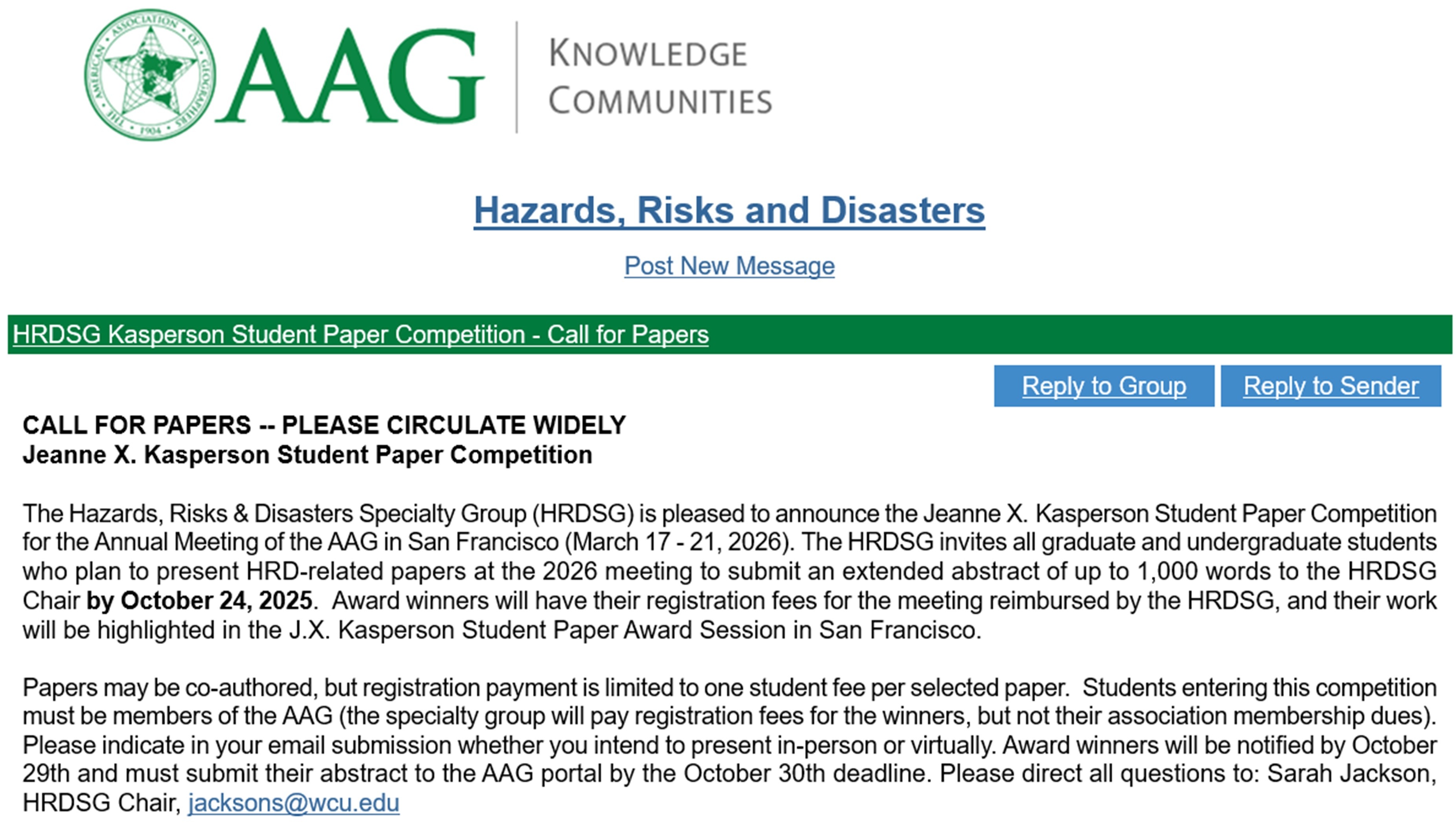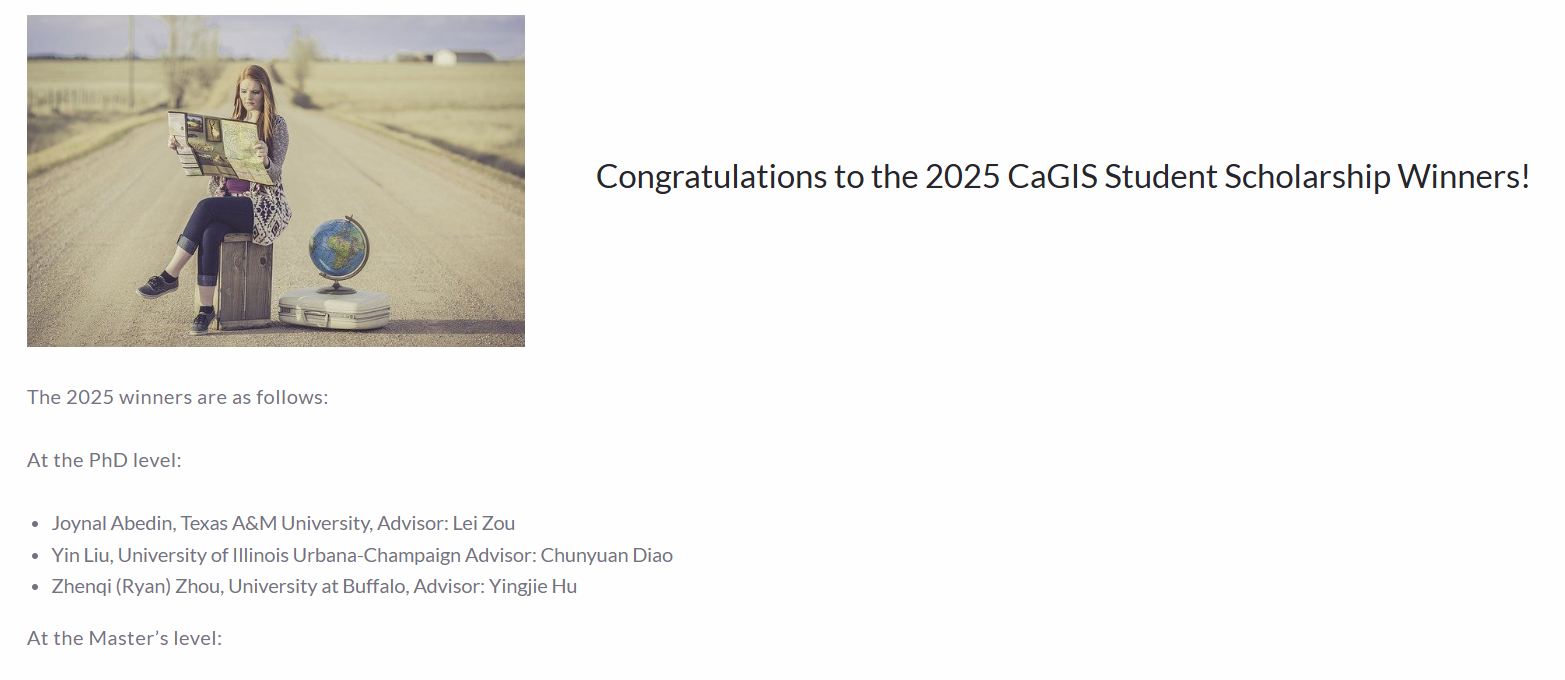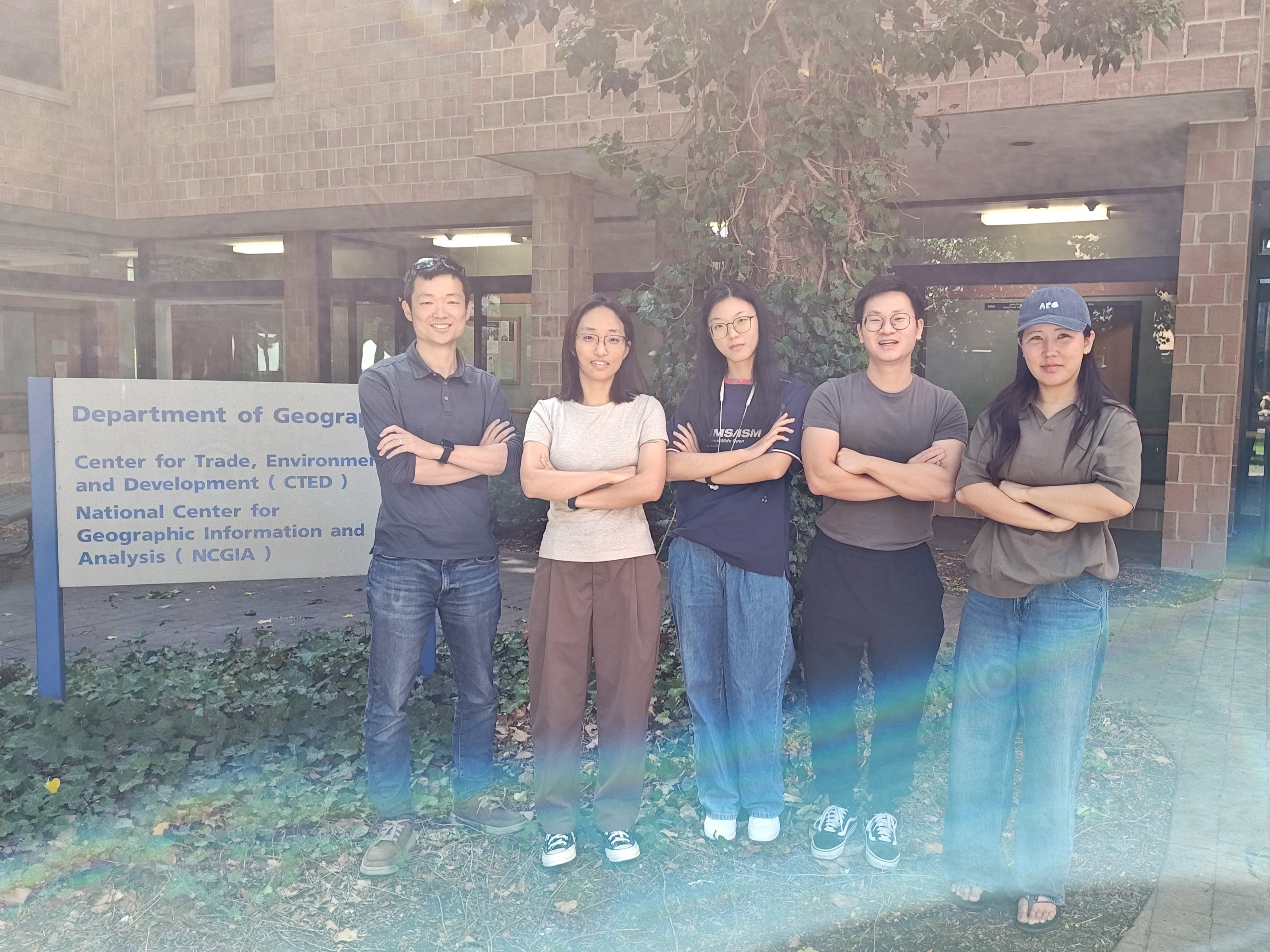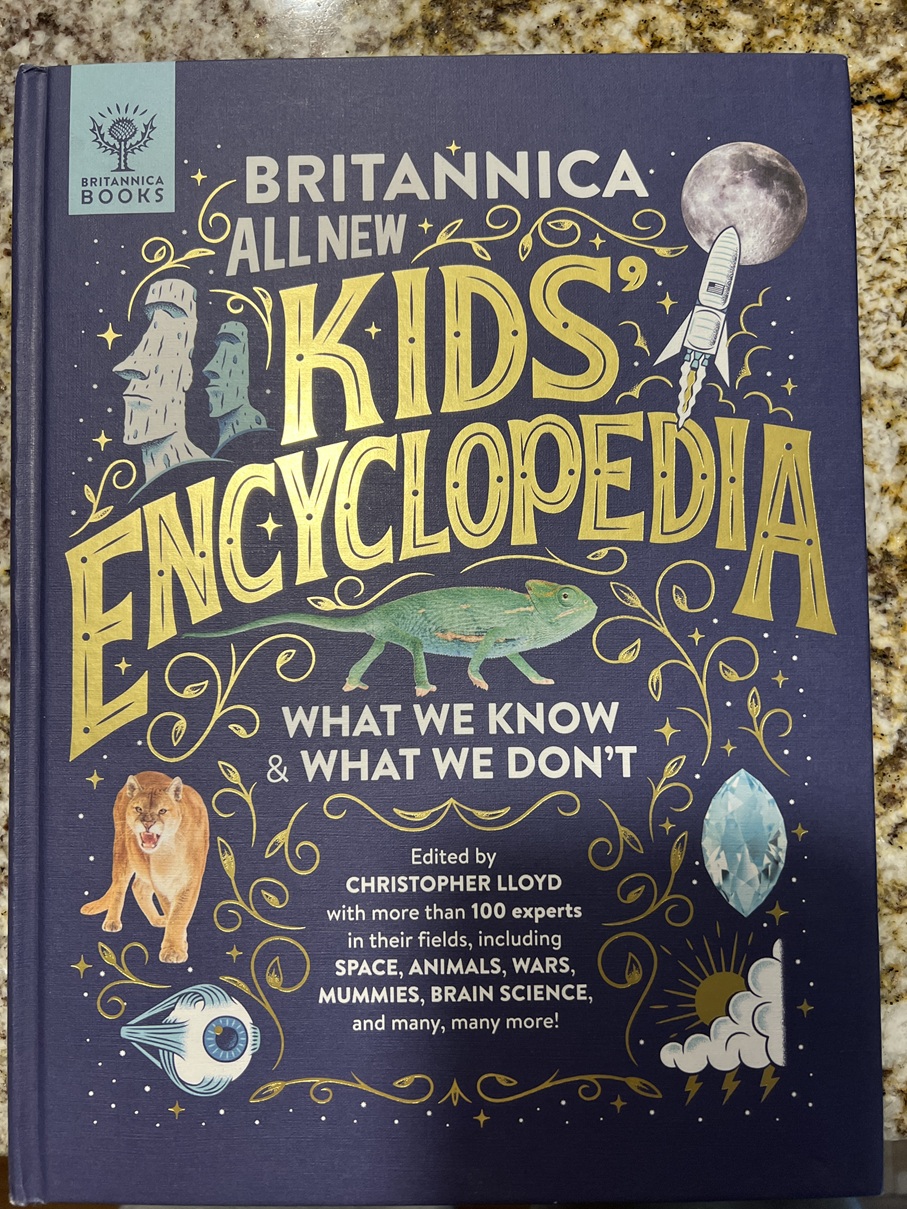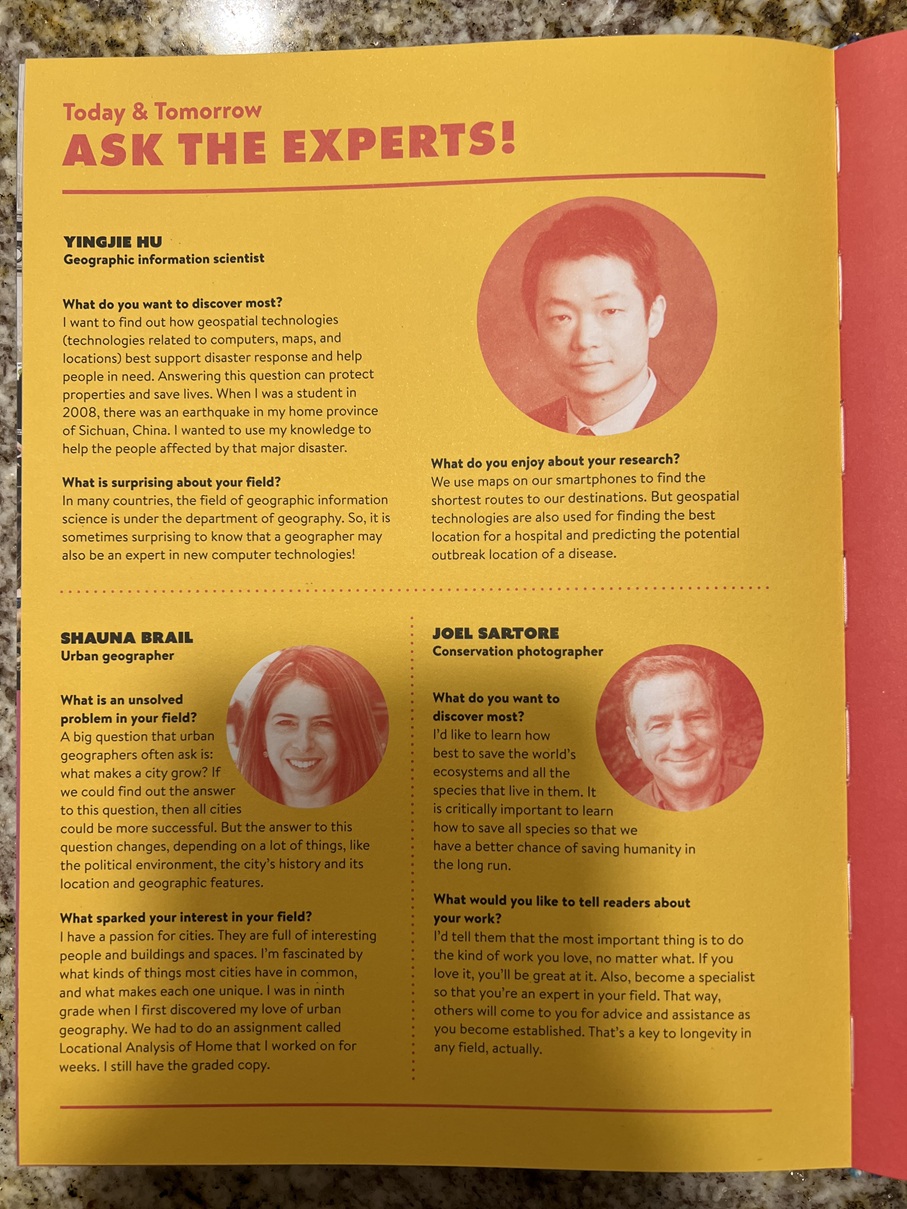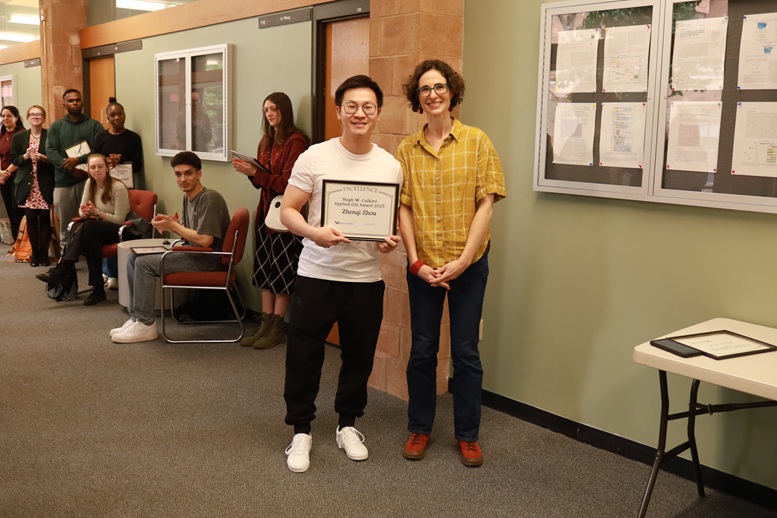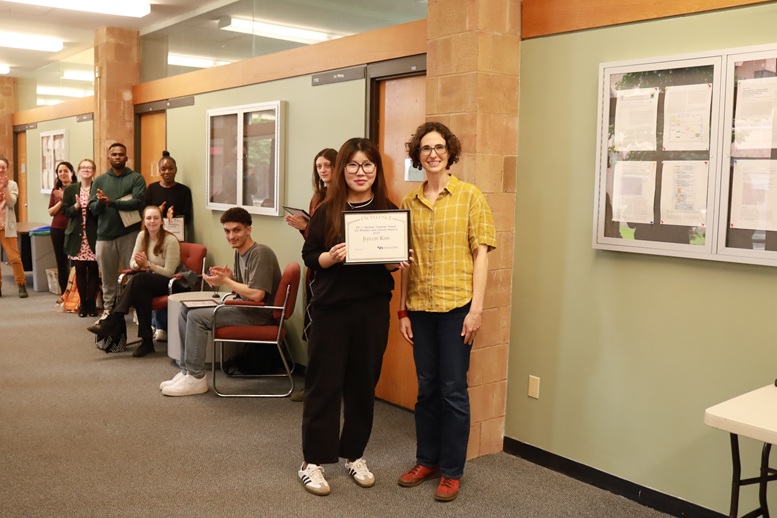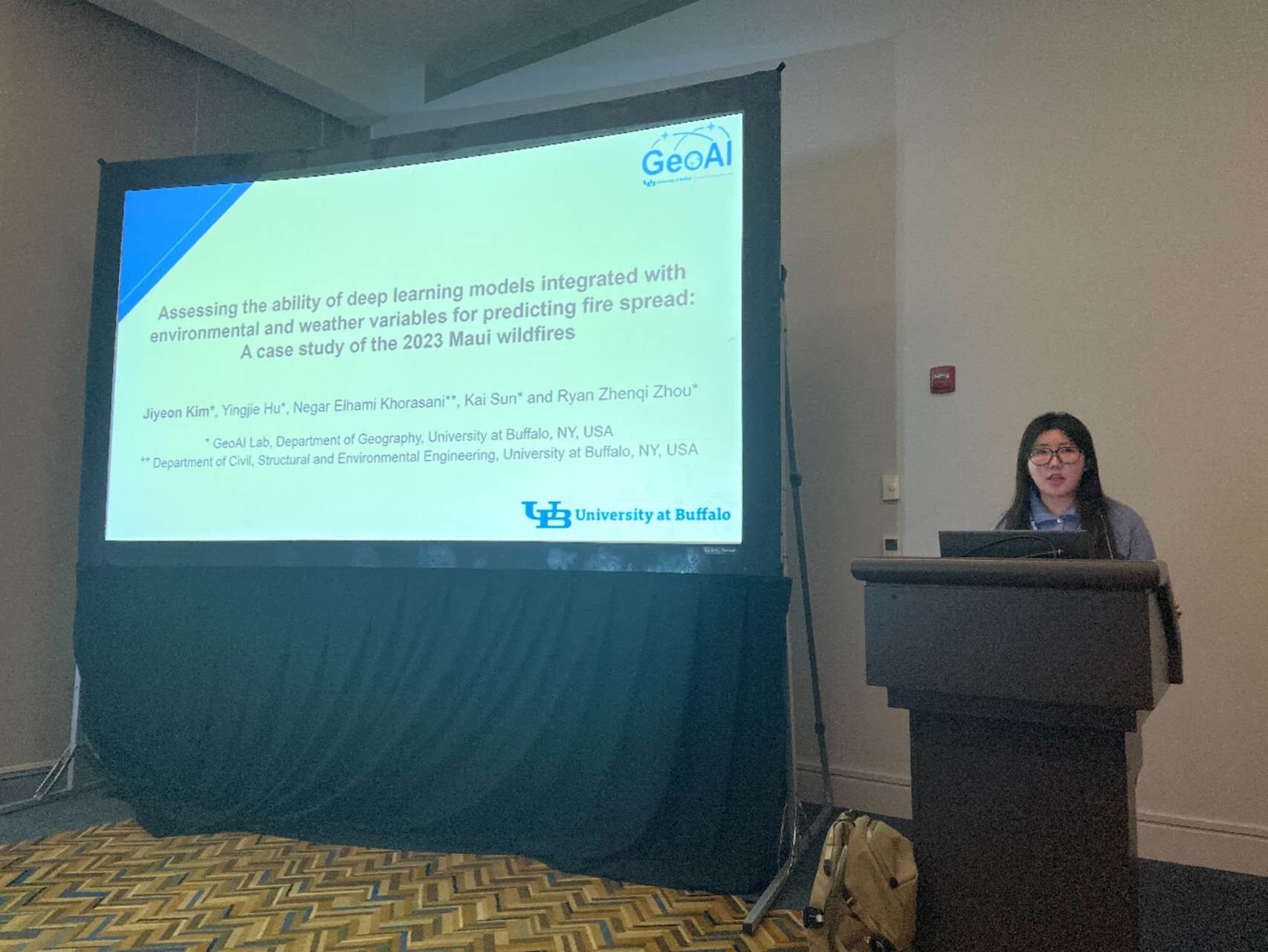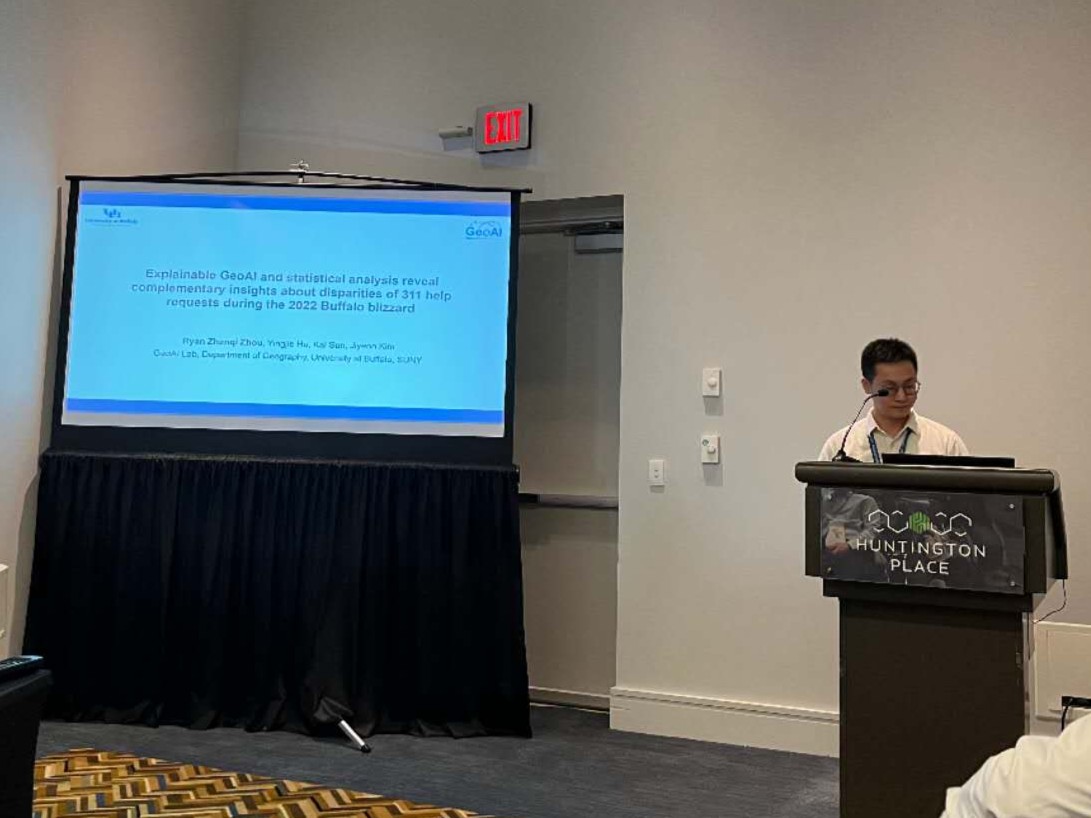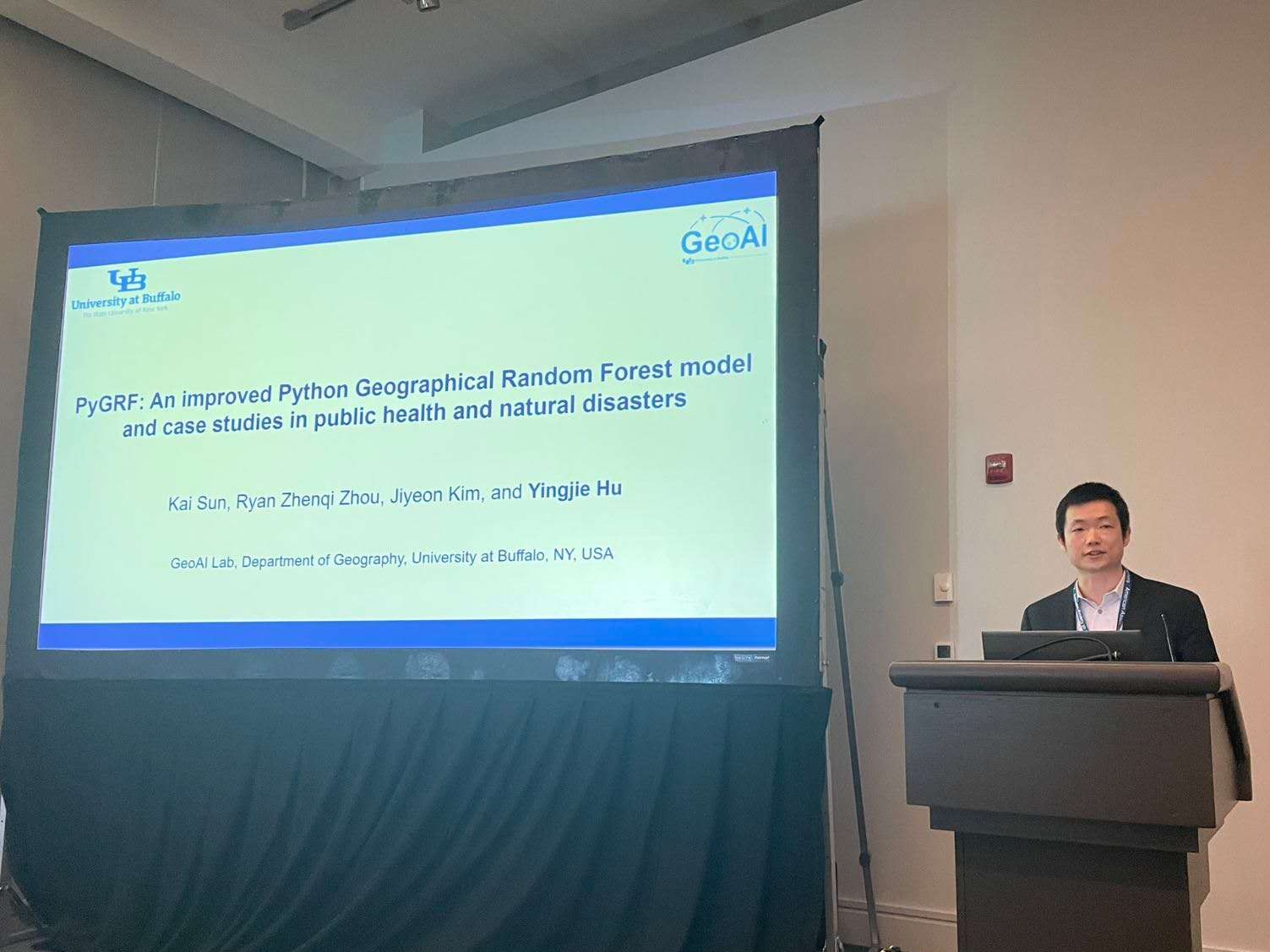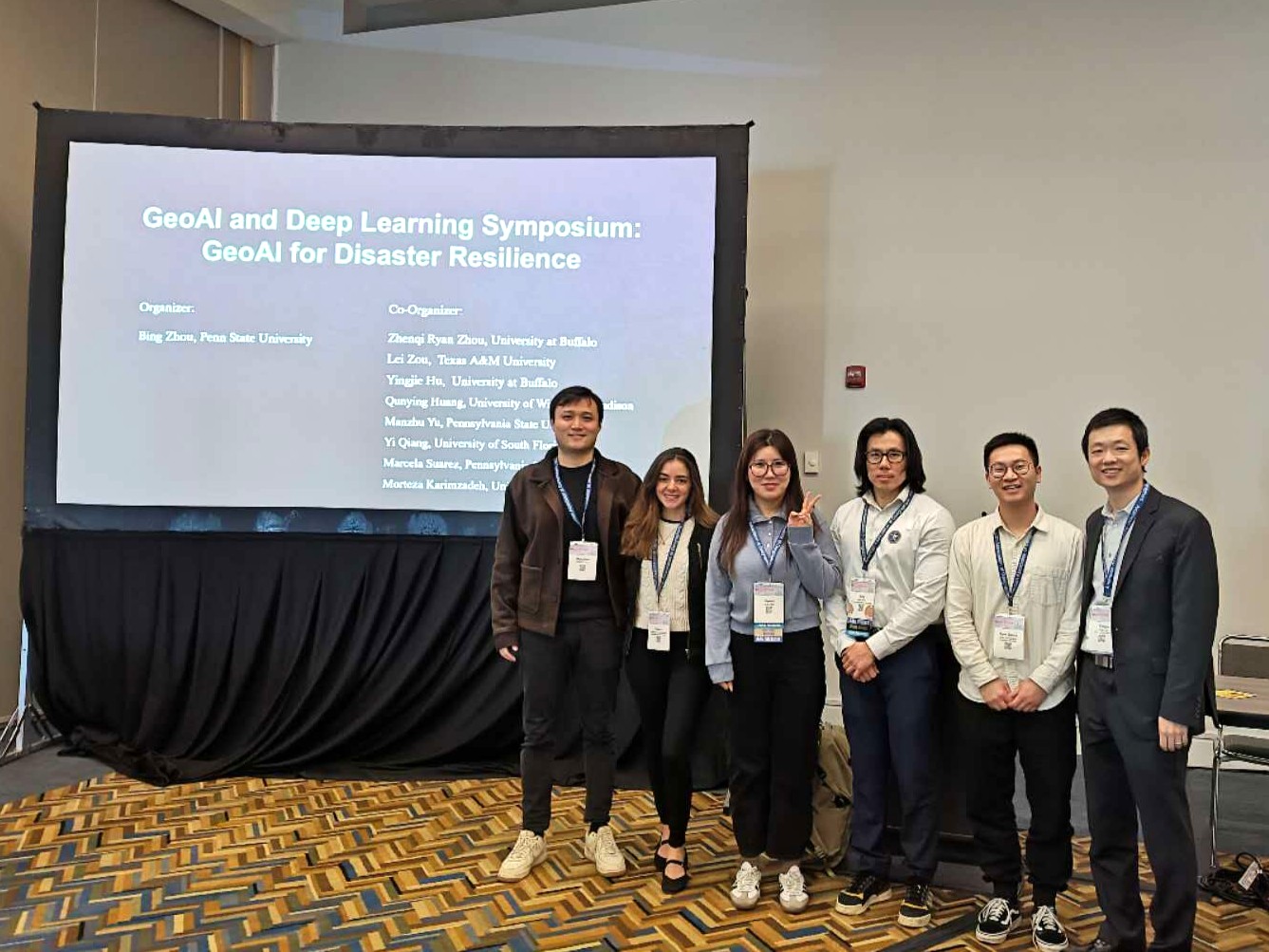Abstract: Predicting the spread of wildfires is essential for effective fire management and risk assessment. With the fast advancements of artificial intelligence (AI), various deep learning models have been developed and utilized for wildfire spread prediction. However, there is limited understanding of the advantages and limitations of these models, and it is also unclear how deep learning-based fire spread models can be compared with existing non-AI fire models. In this work, we assess the ability of five typical deep learning models integrated with weather and environmental variables for wildfire spread prediction based on over ten years of wildfire data in the state of Hawaii. We further use the 2023 Maui fires as a case study to compare the best deep learning models with a widely-used fire spread model, FARSITE. The results show that two deep learning models, i.e., ConvLSTM and ConvLSTM with attention, perform the best among the five tested AI models. FARSITE shows higher precision, lower recall, and higher F1-score than the best AI models, while the AI models offer higher flexibility for the input data. By integrating AI models with an explainable AI method, we further identify important weather and environmental factors associated with the 2023 Maui wildfires.
For more details, please refer to: Kim, J., Hu, Y., Elhami-Khorasani, N., Sun, K., & Zhou, R.Z. (2025): Assessment of deep learning models integrated with weather and environmental variables for wildfire spread prediction and a case study of the 2023 Maui fires. Natural Hazards, accepted. [PDF]
